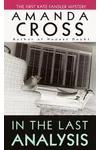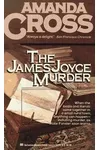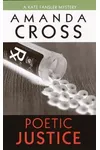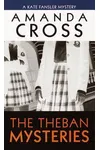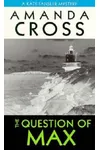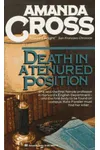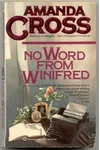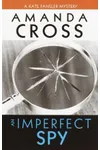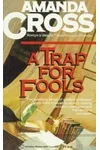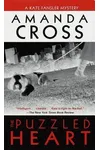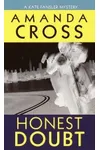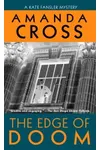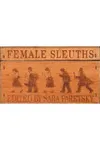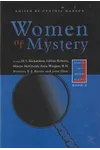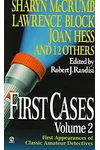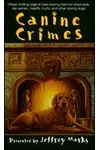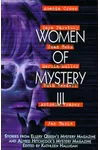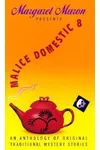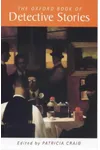Picture a trailblazing feminist scholar who moonlighted as a mystery novelist, weaving wit and intellect into every page—meet Amanda Cross! Known as the pen name of Carolyn Gold Heilbrun, Cross was the first woman to secure tenure in Columbia University’s English department. Her Kate Fansler mysteries, starring a sharp-tongued literature professor, blended academic satire with feminist ideals, captivating readers worldwide.
With over a million copies sold and translations in multiple languages, Cross’s novels are a delightful mix of cozy crime and cerebral commentary. Let’s dive into her extraordinary life, from the halls of academia to the pages of her unforgettable whodunits!
The Making of Amanda Cross
Born Carolyn Gold Heilbrun on January 13, 1926, in East Orange, New Jersey, Cross grew up on Manhattan’s Upper West Side. A voracious reader, she devoured biographies as a child, noticing the scarcity of women’s stories—a spark for her later feminist work. She graduated from Wellesley College in 1947 and earned her M.A. and Ph.D. from Columbia University, studying under literary giants like Lionel Trilling and Jacques Barzun. By 1960, she was teaching at Columbia, but the English department’s old-boy network pushed her to carve a unique path.
Frustrated by academia’s patriarchy and inspired by mystery greats like Dorothy L. Sayers, Heilbrun began writing detective novels in 1963 under the pseudonym Amanda Cross. She kept her identity secret, fearing her colleagues would dismiss her fiction as frivolous. This double life—scholar by day, novelist by dawn—defined her early career.
Amanda Cross’s Unforgettable Stories
Cross’s Kate Fansler mysteries, spanning 14 novels from 1964 to 2002, are literary whodunits set in academic worlds. Kate, a witty, independent English professor, solves crimes through conversation and intellect, not physical daring. Her debut, In the Last Analysis (1964), introduces Kate investigating a student’s murder, earning an Edgar Award nomination. Its intricate plot and feminist undertones set the tone for the series.
Death in a Tenured Position (1981), a scathing critique of Harvard’s treatment of women, won the Nero Award. Poetic Justice (1970) tackles Columbia’s 1968 student riots, blending social commentary with mystery. The Edge of Doom (2002), her final novel, explores Kate’s personal history with introspective depth. Cross’s style—elegant, satirical, and rich with literary allusions—draws comparisons to Oscar Wilde and George Bernard Shaw, offering readers a cerebral escape.
Beyond novels, Cross penned short stories, collected in The Collected Stories of Amanda Cross (1997), featuring Kate in clever, nonviolent puzzles. Her work critiques academia’s pretensions, champions women’s friendships, and explores themes of autonomy and social change, making her mysteries both entertaining and thought-provoking.
Why Amanda Cross Matters
Amanda Cross redefined the mystery genre by centering a feminist, intellectual heroine who defied stereotypes. Kate Fansler, single and childless by choice in early novels, embodied Heilbrun’s vision of a woman unencumbered by tradition. Her novels offered a frontline view of feminism’s evolution, resonating with readers and critics like Antonia Fraser, who praised their cultural significance. Selling nearly a million copies, Cross’s work brought feminist ideas to a broad audience through accessible storytelling.
As Carolyn Heilbrun, she pioneered feminist scholarship with books like Writing a Woman’s Life (1988), reshaping literary criticism. Her dual legacy—academic trailblazer and mystery maven—continues to inspire writers and scholars, proving women can excel in multiple domains. Heilbrun’s 1992 retirement from Columbia, protesting its misogyny, cemented her as a fearless advocate for change.
- Born: January 13, 1926, East Orange, New Jersey
- Key Works: In the Last Analysis, Death in a Tenured Position, Poetic Justice
- Awards: Nero Award (1981), Edgar Award nominee (1965)
- Died: October 9, 2003, New York City
Snag In the Last Analysis and dive into Amanda Cross’s witty, feminist mysteries—your bookshelf deserves this literary gem!
